Philipp Ross
Expert Router: Orchestrating Efficient Language Model Inference through Prompt Classification
Apr 22, 2024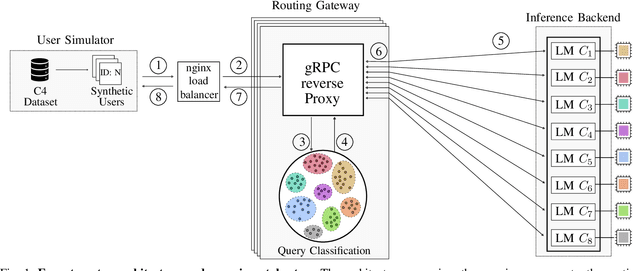
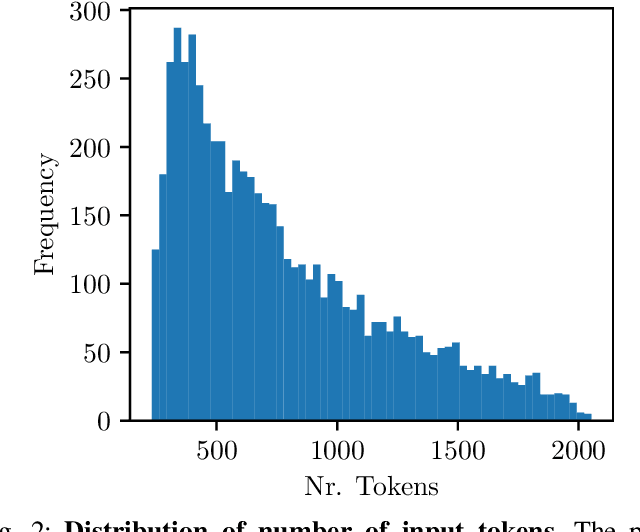
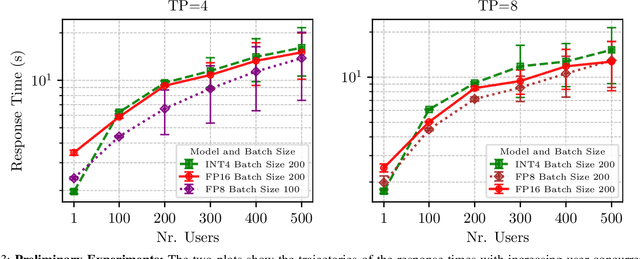
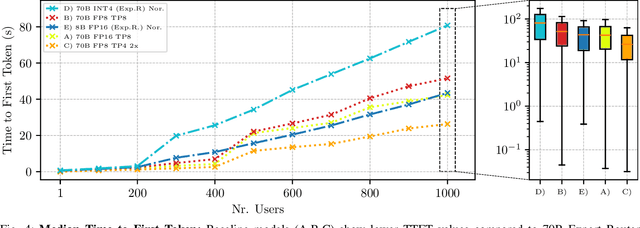
Abstract:Large Language Models (LLMs) have experienced widespread adoption across scientific and industrial domains due to their versatility and utility for diverse tasks. Nevertheless, deploying and serving these models at scale with optimal throughput and latency remains a significant challenge, primarily because of the high computational and memory demands associated with LLMs. To tackle this limitation, we introduce Expert Router, a system designed to orchestrate multiple expert models efficiently, thereby enhancing scalability. Expert Router is a parallel inference system with a central routing gateway that distributes incoming requests using a clustering method. This approach effectively partitions incoming requests among available LLMs, maximizing overall throughput. Our extensive evaluations encompassed up to 1,000 concurrent users, providing comprehensive insights into the system's behavior from user and infrastructure perspectives. The results demonstrate Expert Router's effectiveness in handling high-load scenarios and achieving higher throughput rates, particularly under many concurrent users.
Application-Oriented Benchmarking of Quantum Generative Learning Using QUARK
Aug 08, 2023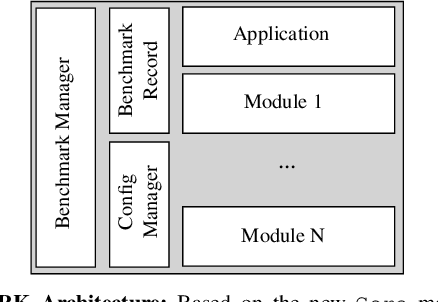
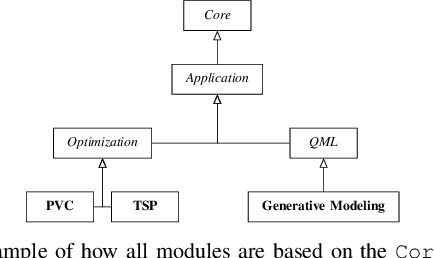


Abstract:Benchmarking of quantum machine learning (QML) algorithms is challenging due to the complexity and variability of QML systems, e.g., regarding model ansatzes, data sets, training techniques, and hyper-parameters selection. The QUantum computing Application benchmaRK (QUARK) framework simplifies and standardizes benchmarking studies for quantum computing applications. Here, we propose several extensions of QUARK to include the ability to evaluate the training and deployment of quantum generative models. We describe the updated software architecture and illustrate its flexibility through several example applications: (1) We trained different quantum generative models using several circuit ansatzes, data sets, and data transformations. (2) We evaluated our models on GPU and real quantum hardware. (3) We assessed the generalization capabilities of our generative models using a broad set of metrics that capture, e.g., the novelty and validity of the generated data.
Optimization of Robot Trajectory Planning with Nature-Inspired and Hybrid Quantum Algorithms
Jun 08, 2022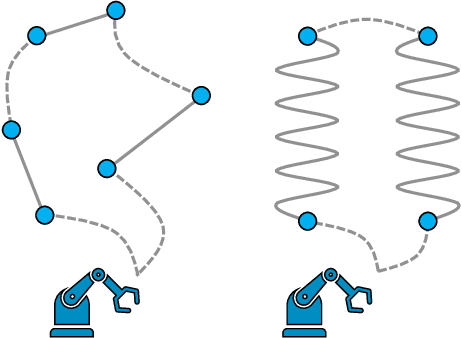
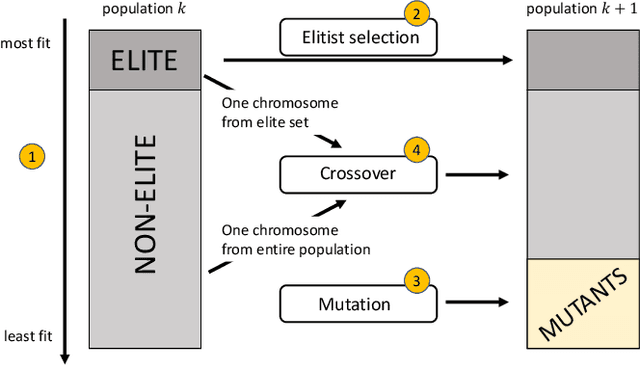
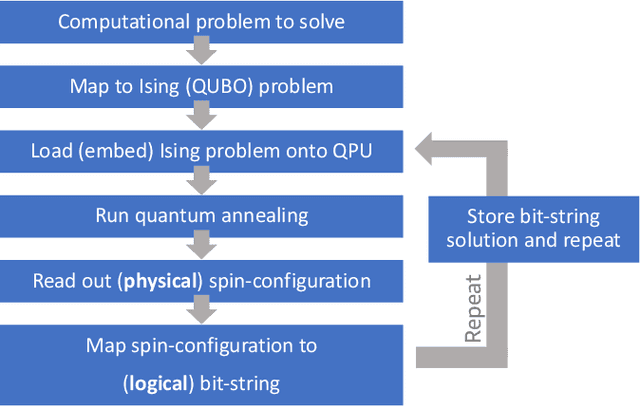
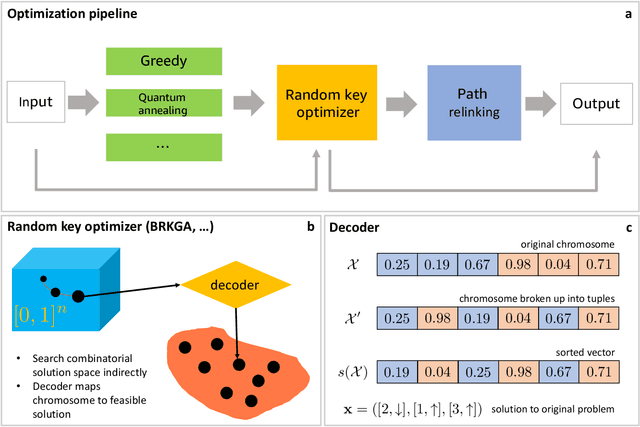
Abstract:We solve robot trajectory planning problems at industry-relevant scales. Our end-to-end solution integrates highly versatile random-key algorithms with model stacking and ensemble techniques, as well as path relinking for solution refinement. The core optimization module consists of a biased random-key genetic algorithm. Through a distinct separation of problem-independent and problem-dependent modules, we achieve an efficient problem representation, with a native encoding of constraints. We show that generalizations to alternative algorithmic paradigms such as simulated annealing are straightforward. We provide numerical benchmark results for industry-scale data sets. Our approach is found to consistently outperform greedy baseline results. To assess the capabilities of today's quantum hardware, we complement the classical approach with results obtained on quantum annealing hardware, using qbsolv on Amazon Braket. Finally, we show how the latter can be integrated into our larger pipeline, providing a quantum-ready hybrid solution to the problem.
 Add to Chrome
Add to Chrome Add to Firefox
Add to Firefox Add to Edge
Add to Edge